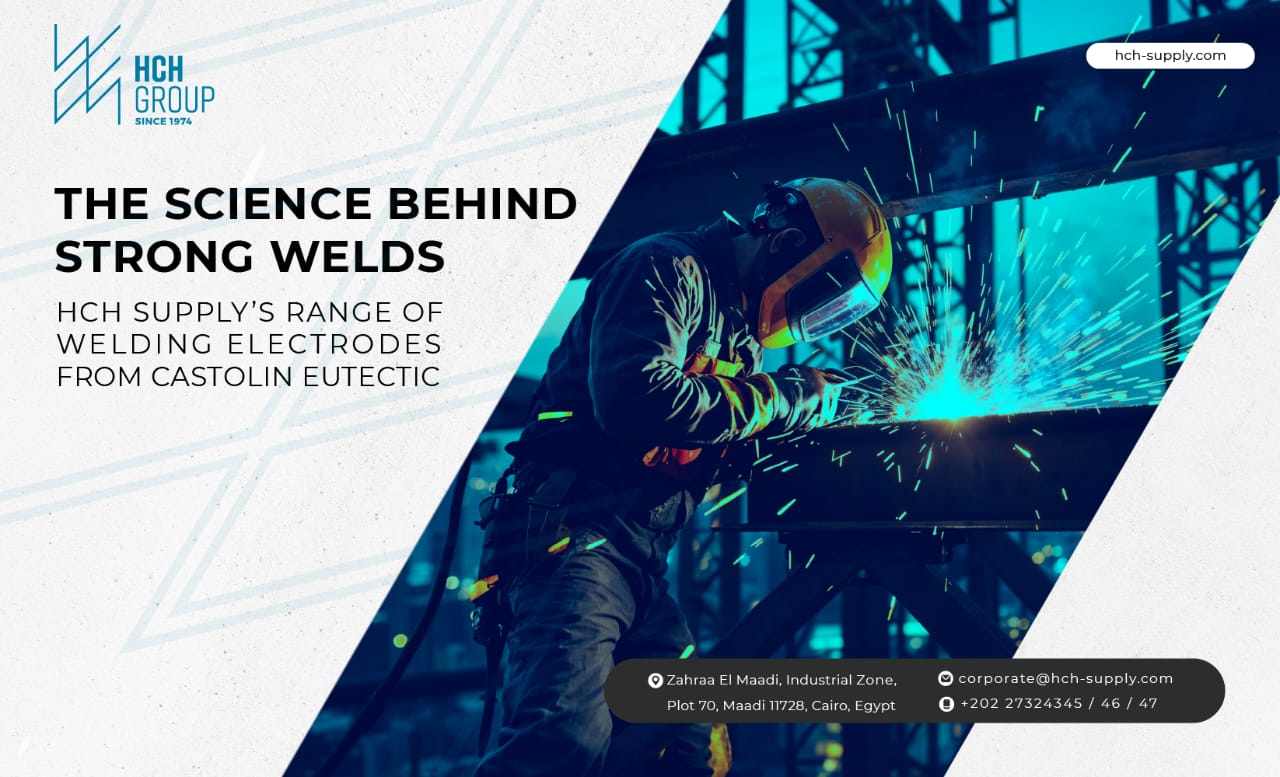Manufacturing quality control is more than a process, it’s the backbone of every successful production line.
When each component, material, and machine operates under clear quality standards, the result is not only consistent output but also long-term customer trust and operational efficiency.
Whether you’re producing steel pipes, electrical panels, or energy systems, even minor inconsistencies can lead to significant losses in time, materials, and credibility. That’s why forward-thinking companies invest in structured, data-driven quality management systems that prevent problems before they occur.
Why Quality Control Matters in Manufacturing
Quality control ensures that every product meets specific performance, durability, and safety standards. It minimizes defects, reduces production waste, and guarantees customer satisfaction — all while strengthening a brand’s reputation.
A well-implemented quality system supports every stage of the production process, from sourcing materials to final inspection.
When businesses ignore or underestimate quality control, they risk more than just defective products. The real cost includes downtime, product recalls, and lost client trust — consequences that are often far more expensive than investing in proper testing and monitoring from the start.
Common Quality Control Issues and How to Prevent Them
Every factory faces challenges; from inconsistent raw materials to process deviations. Here are the most common issues:
- Defects and reworks: Caused by poor material quality or inadequate testing.
- Process variation: When machines or workers deviate from standard operating procedures.
- Documentation errors: Missing or incorrect data that affect traceability.
To prevent these issues, manufacturers must implement real-time monitoring systems, standardize production methods, and maintain clear communication across departments.
Proven Ways to Improve Manufacturing Quality Control
Strong manufacturing quality control combines people, processes, and technology. Here are proven strategies to enhance it:
-
Implement Continuous Inspection
Don’t wait until the end of the line. Continuous inspection during production helps detect errors early, reducing rework and scrap.
-
Use Data for Smarter Decisions
Digital tools and IoT sensors enable data-driven insights. They help track production metrics and identify patterns that affect quality.
-
Train and Empower Teams
Quality starts with people. Training operators to understand the “why” behind quality standards ensures fewer mistakes and more ownership.
-
Standardize Procedures
Clear documentation and standard work instructions eliminate confusion, improving consistency across production lines
-
Prioritize Preventive Maintenance
Regular equipment checks reduce unexpected downtime and prevent product variation caused by machine issues.
Global Standards and Certifications Of Quality Control
Quality control goes beyond internal checks; it’s about meeting international standards like ISO 9001 and ASTM. These certifications show that a company is committed to maintaining consistent quality, safety, and efficiency across its operations.
Manufacturers that follow global standards also gain stronger credibility in export markets, helping them compete worldwide.
HCH’s Commitment to Quality and Reliability
HCH believes that quality is the foundation of industrial success. Our products and partnerships reflect a commitment to global manufacturing standards and continuous improvement.
We ensure that every item — from carbon steel pipes to industrial compressors — meets the highest benchmarks of reliability, safety, and performance.
Conclusion
Continuous investment in manufacturing quality control drives innovation, efficiency, and long-term success.
By combining modern inspection technology, skilled teams, and trusted suppliers, industries can deliver products that perform consistently under the toughest conditions.
________
FAQs About Manufacturing Quality Control
- What is manufacturing quality control?
It’s a system that ensures every product meets defined quality standards through regular testing, inspection, and process monitoring.
- Why is quality control important in manufacturing?
Quality control prevents defects, reduces waste, and improves consistency, all essential for customer satisfaction and brand reputation.
- How can companies improve their quality control systems?
By adopting continuous inspection, data-driven analysis, staff training, and strict standardization of manufacturing procedures.
- What role do certifications play in quality control?
Certifications like ISO 9001 prove that a company follows globally recognized quality standards, building trust and credibility in the market.
- How does HCH support clients with quality assurance?
HCH ensures that every product supplied aligns with international standards and offers reliable performance backed by strong quality monitoring.




